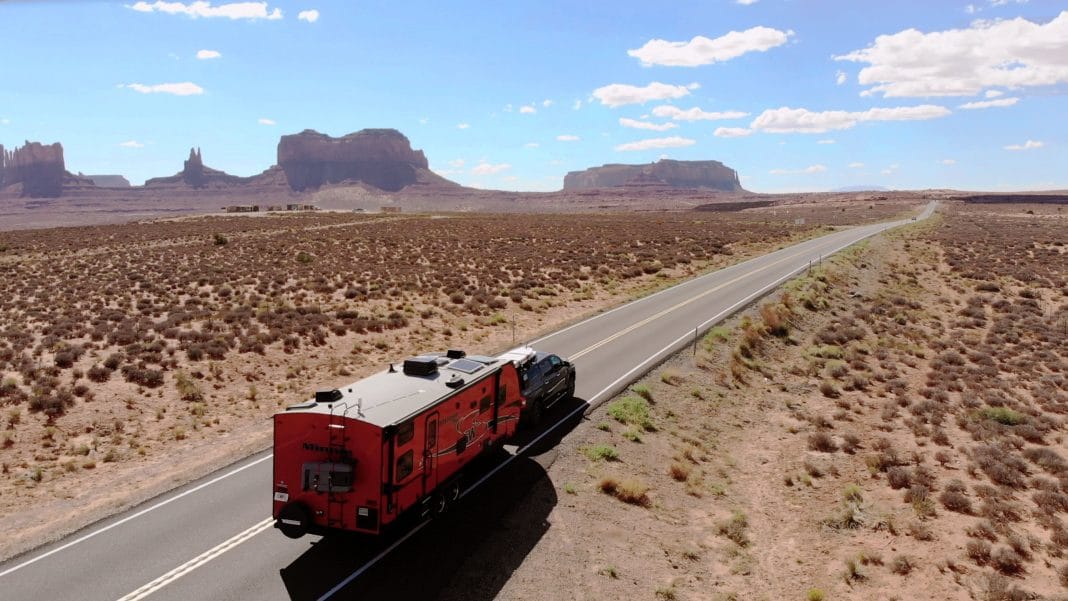The cost of camping could go up for some people looking to put down
stakes on America’s national forests, under a new plan that would reduce
the discounts given senior and disabled campers.
U.S. Forest Service proponents say the change from a 50% discount
to a 10% discount would help private concessionaires remain profitable
and would bring the federal fee policy in line with private market
camping rates, according to the Billings (Mont.) Gazette.
Critics say it represents a breach of faith, further eroding affordable access to public lands.
The discounts date back some three decades to a time when the
Forest Service was embarking on a fee-based system that relied upon
private concessionaires to maintain campgrounds. Federal law created
both the Golden Age and Golden Access passes, which granted holders a
lifetime of free entry to national parks, as well as a 50% discount on
federal camping fees.
In 2005, a new law – the Recreation Enhancement Act, or REA – took
effect, maintaining the lifetime passes but no longer requiring the 50%
camping discount.
According to the proposed rule change, the Forest Service is the
only land management agency still requiring concessionaires to offer the
half-off rate. Other agencies, such as the National Park Service, allow
concessionaires to decide whether to extend the discounts.
The rule change notes a 2008 survey, indicating that nearly 80% of
federal land passes sold are senior citizen and access passes, which
include the reduced camping rates.
It also notes a growing number of senior citizens in America,
warning that the overall costs of the discount program will escalate as
Baby Boomers reach their “golden years.”
Total campground concession revenue totaled $35 million in 2007,
according to the rule change, and the discount cost an estimated $4.2
million in revenue.
By cutting the discount from 50% to 10%, revenue is projected to increase by about $3.36 million.
The change would affect only Forest Service sites operated by
concessionaires, but those campgrounds represent 82% of “reservable”
camping in national forests.
“On the one hand, we need to continue to have enough
concessionaires to operate the campgrounds, and we also don’t want to
undercut our neighbors who are running the private campgrounds next
door,” said Rose Davis, spokeswoman at the Forest Service Region 1
offices in Missoula, Mont. “On the other hand, we want to keep camping
affordable on these public lands.”
Agency officials also say the rule change would allow campground
concessionaires to use deeper discounts at certain times of the year, to
promote off-season use.
Davis said it’s important for all those affected to comment on the
proposed rule change “because we need to hear from as many people as
possible before a decision is made.”
The agency certainly will be hearing from Kitty Benzar, president of the Western Slope No-Fee Coalition.
“The Forest Service,” Benzar said in a prepared statement, “is not
showing good faith by changing the terms of the passes after the fact.
They encouraged people to turn in their Golden passes, which guaranteed a
50% camping discount, in exchange for an REA pass, which does not.”
Benzar complained the proposed change is the latest in a string of
policy decisions that have turned public-land recreation into a market
commodity.
“Public lands,” she said, “are now expected to pay their own way in access fees.”
The discounts for seniors citizens and the disabled were intended
to honor a lifetime of contribution to the nation, and to ensure access
to outdoor recreation for all.
“I guess that’s out the window now,” Benzar said.
But not, apparently, everywhere.
On the Flathead National Forest, for instance, only 10 or so of the
27 “developed” campgrounds are run by private concessionaires. And on
the Lolo National Forest, no campgrounds would be affected because none
of the 74 developed sites there is run by concessionaires.
“If it’s not run by a concessionaire, it wouldn’t be affected by the change,” said Denise Germann, spokeswoman on the Flathead.
The rule change, she said, would add only a few dollars to each
night’s stay, as campgrounds generally are priced at $15 or less per
site.
Under the current system, seniors 62 and older pay a one-time $10
fee for the pass, and lifetime “access” passes for the disabled are
free.
In addition to providing national park entry and camping discounts,
the passes afford free day-use of recreation sites; the new plan would
require fees be paid for that use, as well.
“No more special honors,” Benzar said, “no more special breaks. Pay up or stay home now applies to everyone.”
By RV Business


